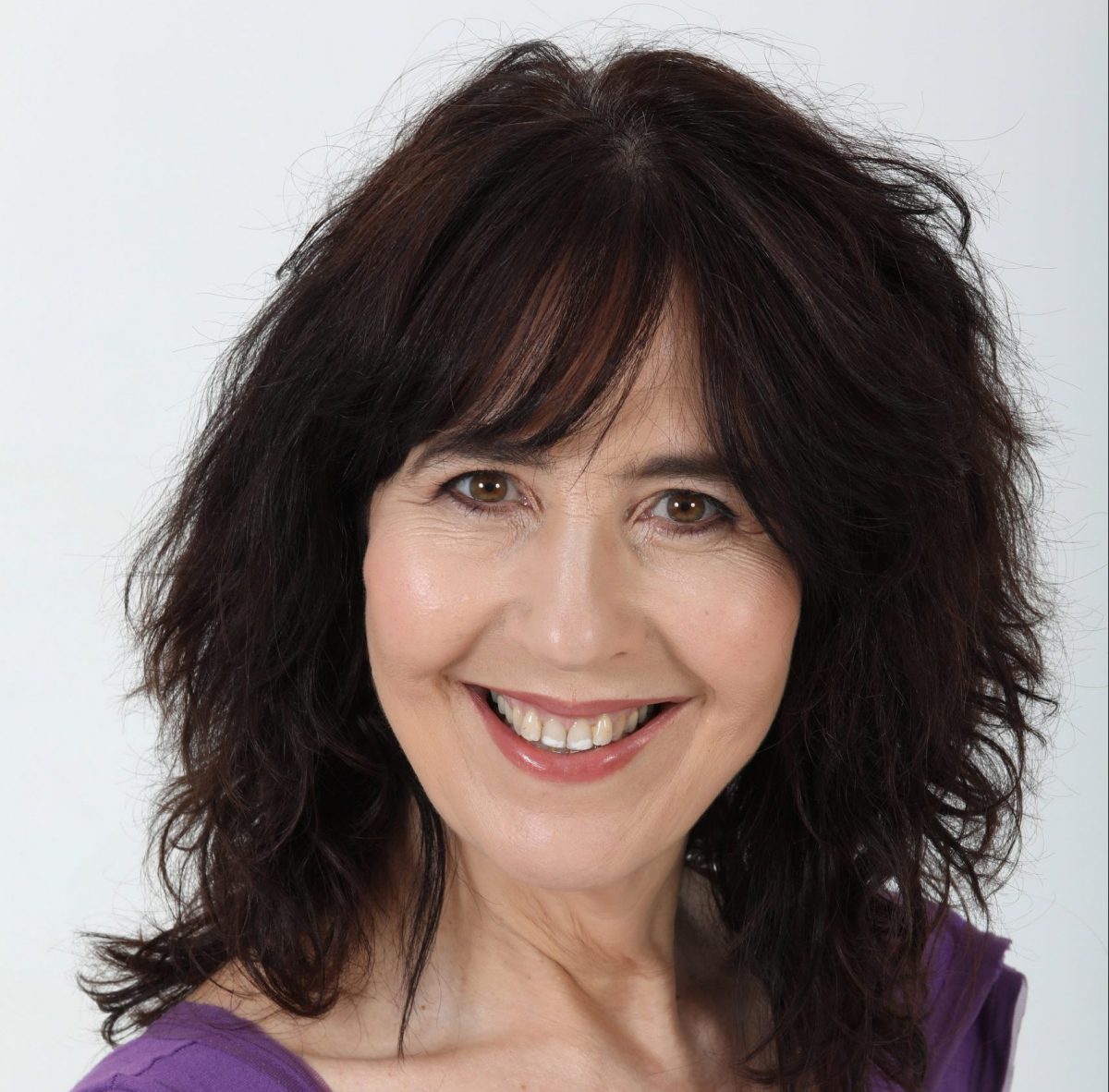
The Jewish Report Editorial

Stamp out cancel culture
Published
3 years agoon
When our judiciary orders a person to apologise for something they said, which was 100% their opinion and uttered in a personal capacity, what kind of message does that put out?
When any person gives an opinion which is unpopular and they are lambasted and ostracised for it, what are we doing?
When we stop printing and selling books written by an age-old children’s literature giant like Dr Seuss because of how he portrayed racial stereotypes, what’s going on?
And are these experiences even comparable?
In terms of Chief Justice Mogoeng Mogoeng being ordered to apologise for his statements about Israel, I can only imagine what this giant of a man is going through right now. To put a man of this stature through an experience like this, which is humiliating at best, seems absurd.
I do understand that there are certain categories of professions or careers in which an individual’s views have an impact on their public image. In this instance, it might not be fitting for a judge to publicise his or her contentious views because people may believe it could impact on their judgement. However, one really can expect someone of this stature to be able to separate their own views and beliefs from their professional judgement.
But, much more than that, if Mogoeng is going to be censured or censored for his statements, then this needs to be done across the board. When a judge made anti-Israel statements, why wasn’t he hauled over the coals? Or is it simply because Mogoeng’s views aren’t popular with a certain powerful segment of our population? And so, they believe he needs to be brought down a peg or two…
In Mogoeng’s case, he was supportive of Israel and Palestinians, and suggested that the South African government get involved in the peace process in the Middle East. How terribly controversial!
Then he went out on a limb, once again defending his right to make such statements when people (read: anti-Israel activists) lambasted him for “supporting” what they call “apartheid Israel”.
So, they took him to the Judicial Conduct Committee. There, another respected judge decided that Mogoeng had gone too far, and demanded he apologise.
It will be interesting to see what our esteemed judge does. I would be surprised, based on previous events, if he does apologise.
And if he does, what does that say about freedom of speech? This is something fundamental to the rights we hold in this country. Unless it is hate speech or provokes violence, we are legally allowed to voice our opinion. In fact, diversity of opinion is supposedly encouraged.
However, it seems to me that certain subjects or viewpoints are red-ringed as being unacceptable by specific “activists”, and they stop at nothing to eradicate these views from the public arena. That is, whether you are a judge, journalist, celebrity, or just a person with strong views.
Therein lies the problem.
Ever heard of the term ‘cancel culture’? I hadn’t until recently. It’s defined by Forbes.com as “unaccountable groups successfully applying pressure to punish someone for perceived wrong opinions”. It’s a form of ostracism, either in social media, in person, or in professional circles. Victims of cancel culture are supposedly “cancelled” or shut down, and the consequences can be devastating to one’s reputation and life.
Could we say that Mogoeng is a victim of cancel culture?
Others who speak out in support of the Jewish State in our country have felt the wrath of those activists who don’t seem to let up until the person who made the statement withdraws it.
We have seen this with many celebrities. Remember Shashi Naidoo, and the reaction when she called Gaza a “sh*thole”, and ran down Hamas for supposedly pursuing an “ambition to annihilate Israel”. As I understood, she was threatened and denigrated until she apologised and literally joined Boycott, Divestment Sanctions South Africa. Then all was good for her, or so it seems.
There have been others. It’s tough to withstand that intense and persistent pressure. How many people do you know who support Israel and would make their views known on social media?
It’s not easy to have perspectives or views that aren’t popular, and it takes so much more than courage today to stand up and be counted for such views.
The problem is, such people are being censored and their right to free speech is being curtailed.
Are people going too far in shutting down views they don’t like?
I find racism, sexism, antisemitism, and homophobia totally unacceptable on every level. I also find bullying abhorrent. I guess you may say that’s all so easy to say.
This weekend, I was having a fascinating conversation about pronouns, and how I’m lost with all the new pronouns regarding gender. I was speaking to someone who knows a lot about this and has wise and sound opinions. Inadvertently, I referred to myself as “normal” in trying to explain that I was heterosexual and accepted my G-d-given gender as opposed to falling in the LGBT group.
As it came out my mouth, I realised how offensive this could be. Because if I was “normal”, what did that make other people? I quickly corrected myself. How easy it was to make an honest mistake that could have caused so much animosity and pain in some circles.
I was embarrassed, but it was an error. It made me wonder if it possible that we have all become too sensitive or too judgemental?
Or has cancel culture taken hold and stopped us from being able to relax and have a view or make silly mistakes of terminology?
Coming back to Dr Seuss, I know there are many who can give me numerous reasons why his “racial stereotyping” shouldn’t be available to young children. I can’t help but think that’s sad. My children learnt a lot from Dr Seuss, and I don’t believe any of his “racial stereotypes” had an impact on them. On this I am open to persuasion.
However, I do think we need to take a long, hard look at cancel culture, and give people the space to verbalise their views as long as they aren’t harmful to others.
Shabbat Shalom!








